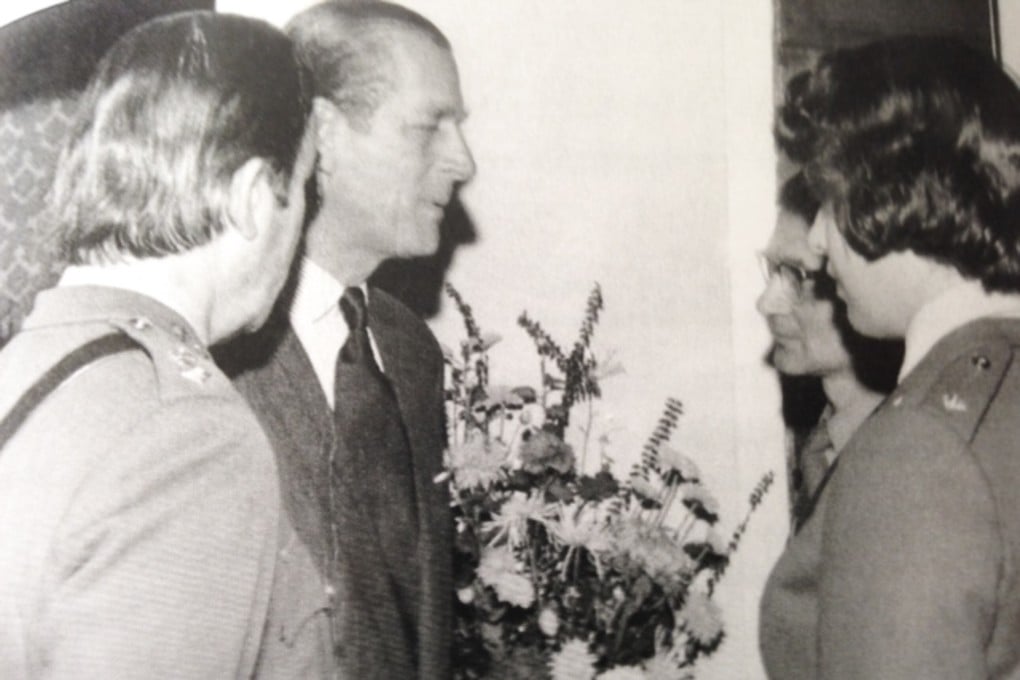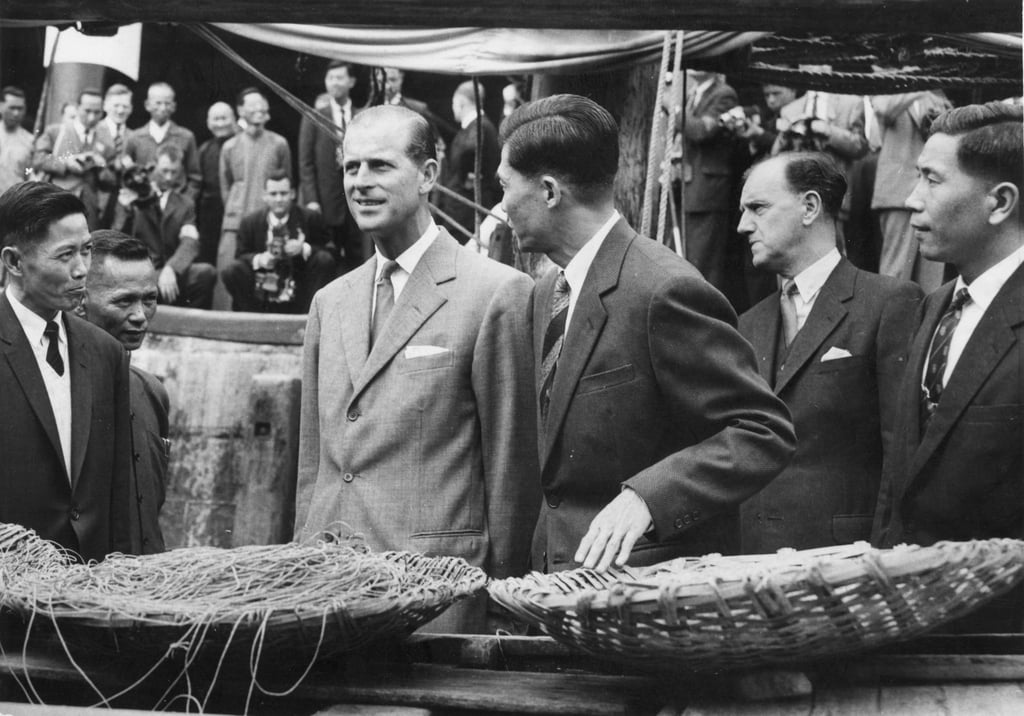Then & Now | When Prince Philip inspired a young woman to become an armed forces trailblazer
- In 1976, Prince Philip encouraged a veterinary student to follow her dream, with a trademark pithy remark
- Inspired, she became the first female vet in the British Army and retired a full colonel

Prince Philip, the Duke of Edinburgh, who died in April aged 99, made a number of official visits to Hong Kong, both independently as part of an Asian tour in 1959, and as part of larger royal visits in 1975 and 1986. A more complex character than sensationalised newspaper headlines would suggest, much was made throughout his life – and reamplified after his death – of Prince Philip’s allegedly sexist, racist and misogynistic “gaffes”. Far more positive aspects, as ever, lurked unreported.
Prince Philip immediately replied, “If I were you, I’d burn my bra, blaze a trail and join them!” – much to the amusement of the Commanding Officer and Regimental Sergeant Major, who overheard the exchange.
Greatly encouraged, and not for a second offended, Kneale subsequently became the first female vet in the British Army. Some years later, Prince Philip visited her unit and, immediately recognising her, came over for a lengthy chat, evidently delighted to see someone else’s success and achievement. She says modestly that while “I didn’t burn my bra, I did blaze a trail” – and it was quite a trail.

She was Commander Veterinary with Head Quarters British Forces in Hong Kong in the early 1990s (when we became friends), and finally retired as a full colonel. She had been awarded a Military MBE for gallantry many years earlier for displaying outstanding courage and leadership when her working dog unit in Northern Ireland came under attack – timed, for maximum carnage, as the animals were being fed – by Irish Republican Army terrorists.
